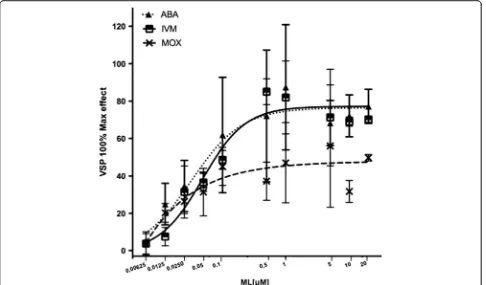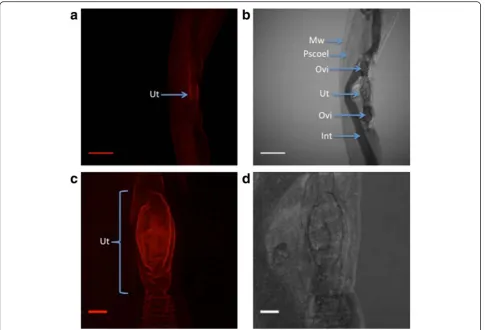Characterisation of P glycoprotein 9 1 in Haemonchus contortus
Full text
Figure
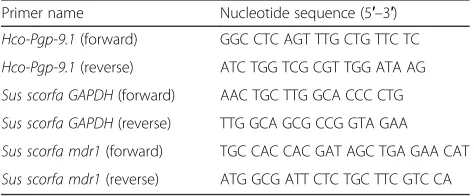
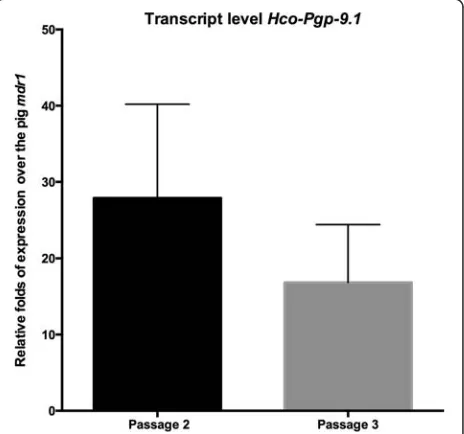

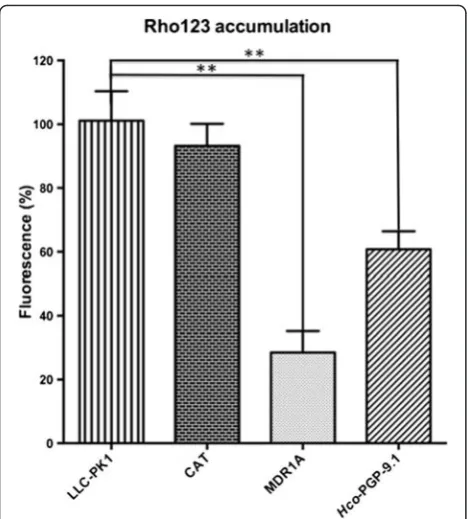
Related documents
FIGURE 4.4: Blocking adhesion of freshly isolated foreskin kératinocytes to type IV collagen with anti integrin antibodies. Freshly isolated neonatal foreskin kératinocytes were
revitalisation of Irish, indeed there are many accounts of the commitment that primary teachers showed in relation to translating educational materials for school children
Si, en particulier, la cargaison desdits navires est de nature a justifier leur saisie et leur mise sous sequestre pendant la duree des hostilites dans les conditions
Zeal to know the facts, which contributed to the success of Visakhapatnam Steel Plant, is maintaining Profitable Position, Harmonious Industrial Relations and winning
The aberrant epigenetic events in PC include DNA hypo- and hypermethylation, chromatin remodeling, altered histone modifications, and changes in miRNA
To our knowledge, this is the first study to determine recurrence incidence rates, rather than cumulative incidence, in the years following active treatment for primary breast
In cases when the patient cannot give his or her consent, and no advanced directives or power of attorney are in place or applicable, the law requires the appointment of a
